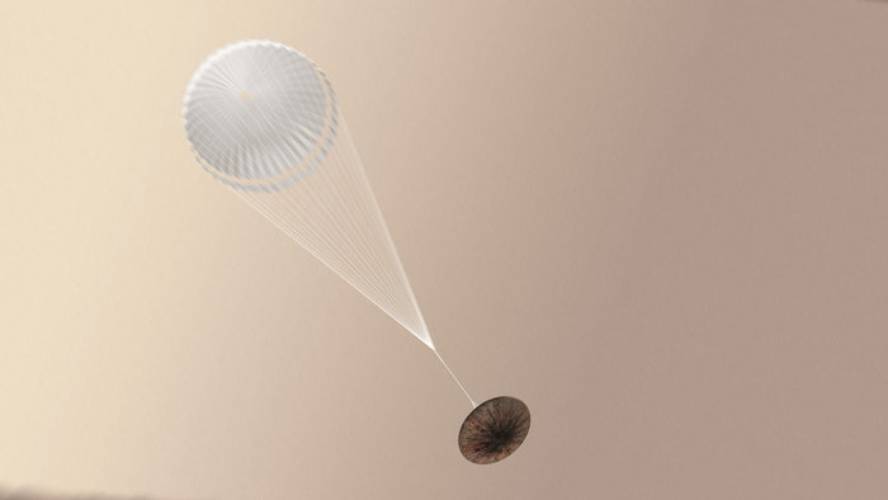Although they do not know if the Schiaparelli module is complete, those at ESA consider the ExoMars mission successful

Yesterday was an important day for the ExoMars mission. This mission consisted of two parts: on the one hand, the TGO satellite had to be placed in the orbit of Mars and, on the other, the Schiaparelli module had to "land" on Mars.
Both maneuvers were complex, especially that of Schiaparelli, as it would start the journey to the surface of Mars at very high speed, and the key was to lose speed in a controlled way to reach the total surface. Well, according to the data they have so far, the ESA has not been able to confirm if it arrived completely. On the contrary, he recognizes that there were problems in braking.
According to ESA engineers, although in the first part of the trip everything went as planned, since the parachute was opened things got complicated. Braking engines only worked for a few seconds and apparently did not turn on all. Therefore, it is not certain that you have been able to reach the surface at a suitable speed. In addition, Schiaparelli stopped broadcasting the signal 50 seconds before the time it had been calculated that he would touch the skin.
Data sent to date, as well as data collected by all ESA antennas around Mars, are being analyzed and communicated in the coming days this information. ESA members have assured that sooner or later they will be able to clarify what happened to Schiaparelli.
In any case, yesterday's has been considered a success by ESA. In addition to highlighting the correct location of the satellite, it has been stated that what happened with the Schiaparelli module will be of great help for the year 2020. Precisely, the objective of the ESA is to put a vehicle then and to know how the systems now tested have worked will be fundamental to adjust the maneuvers that will have to perform.





